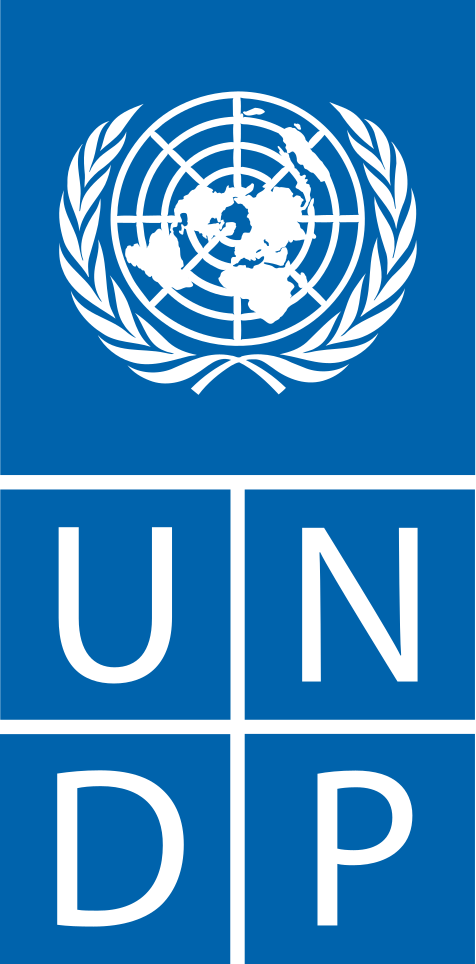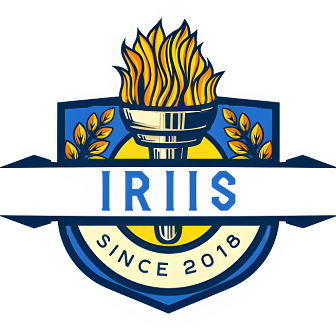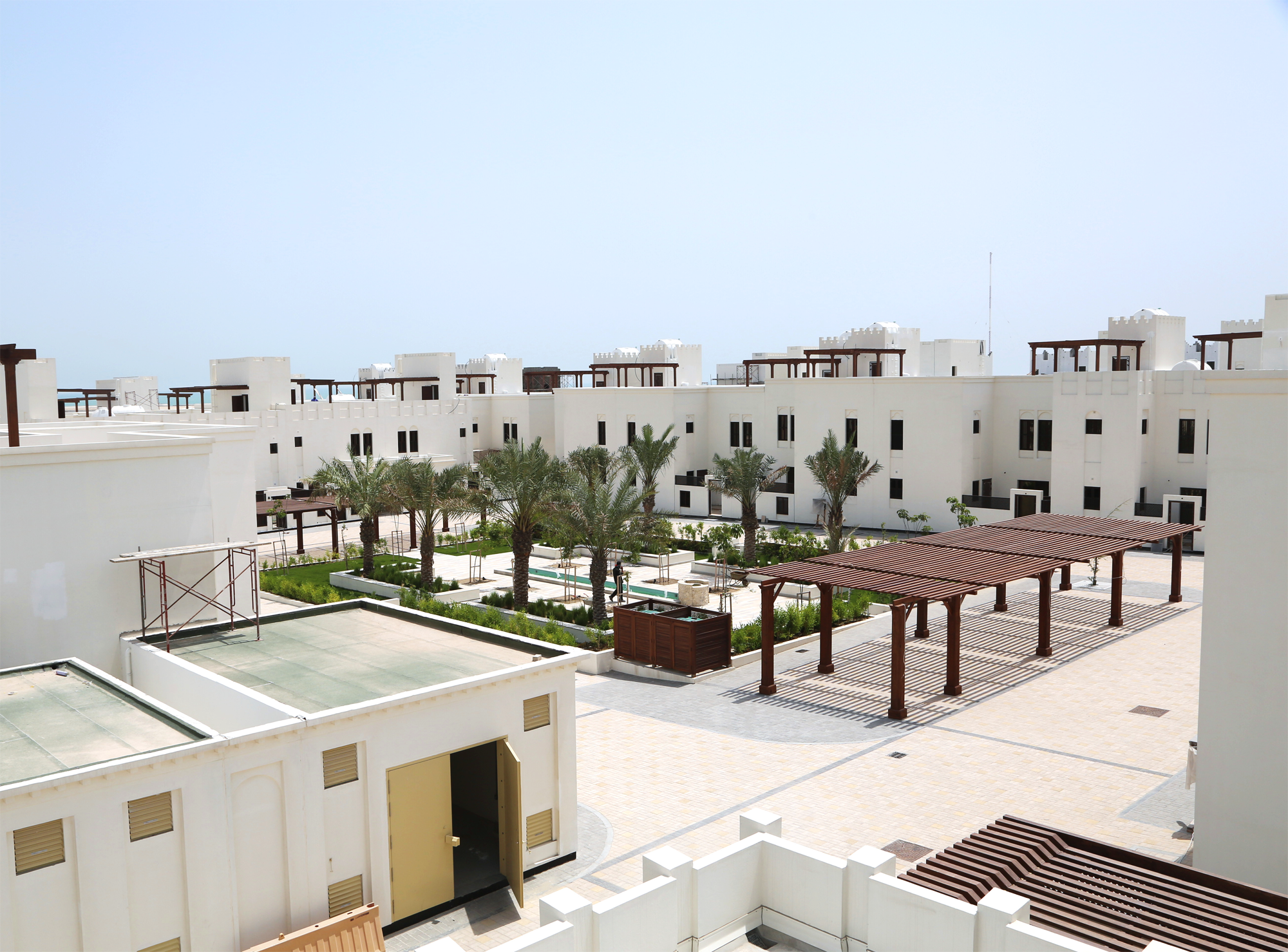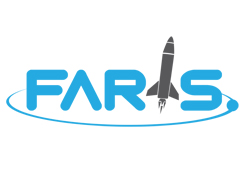Articulação SUL: South-South Cooperation Research and Policy Center
Description
Background
Articulação SUL (ASUL) is a Brazilian think-tank that has, for the past ten years, developed applied research and fostered dialogue on South-South and triangular cooperation.
The rise of emerging economies, combined with the interlinked global crises, is transforming the international development cooperation (IDC) system. With the system in flux, it is timely to critically review the policies and practices that shape IDC, our visions and models of development, as well as reflect on their theoretical and empirical foundations.
Over the past decade, the Brazilian government has increasingly promoted an independent and assertive foreign policy through South-South Cooperation (SSC). Brazil has been reaching out to other developing countries to share public policy expertise and promote knowledge exchanges. Its cooperation also includes the creation of coalitions.
Many public policies, which are shared by the Brazilian government through SSC are, are the result of social dynamics and political struggles that had civil society as a key player. Brazilian civil society has developed experience and knowledge that support the pursuit of alternative development paradigms.
SSC is helping to break the monopoly of traditional donors in setting the concepts, practice and paradigms of IDC aimed at combatting global challenges such as poverty, social justice and climate change. However, even though the concept and practice of SSC is increasingly widespread there is still no consensus on its conceptual and statistical definition. This is due, amongst other factors, to the diversity of actors, a lack of systematic data and analysis about its practice and the still incipient knowledge base.
It is therefore essential to broaden and improve the discussion about international cooperation, by building an evidence base and engaging diverse perspectives. Intellectual pluralism and diversity are key ingredients of a rights-based culture and are essential for innovation. Articulação SUL hopes to contribute to the consolidation of the International Development Cooperation field in Brazil, improving the linkages between policy research, advocacy and practice.
Our team includes anthropologists, internationalists, political and social scientists. Our concern has always been to ensure that different experiences and skills are in constant dialogue. Therefore, the team has experience in research and teaching, has participated in international policy fora and negotiations and has work experience in different countries across Latin America, Africa, Asia and Europe. Apart from our permanent staff, Articulação SUL has a group of collaborators, inside and outside of Brazil, with expertise in areas such as health, agriculture, education, environmental issues, solidarity economy and urban governance.
Motivations and Principles
We see IDC not only as a field of action but, also, as a dynamic space of political debate. The current transnational crisis strengthens the need to expand and diversify the debate to look for solutions and global efforts that can build more just, equal and sustainable societies. We believe Brazil can have an international engagement that contributes to tacking global challenges and to establishing a more just and diverse international system. We are committed to the following principles:
- Independent, critical, rigorous and innovative research and analysis;
- Building horizontal partnerships and movements for change;
- Promoting transparency and accountability;
- Promoting mutual learning and epistemological pluralism;
- Promoting human rights and social justice through democratic and sustainable change.
What we do
Articulação SUL is structured around three main areas of work, which intend to improve linkages between research, policy and practice:
1. Research and Learning: To ensure that South-South Cooperation policies and practices are informed by empirical evidence, we promote, in collaboration with the cooperating actors, the following activities:
- Research and analysis of existing policies and practice;
- Monitoring and evaluation of cooperation programs and projects;
- Studies on public policies and Brazilian emancipatory practices;
- Facilitation of learning processes.
2. Information and Capacity Building: To ensure a broad and informed public debate on IDC that respects the diversity of experiences and opinions, we support the following activities:
- Creation and dissemination of research and analysis through newsletters, working, policy, practice and discussion papers;
- Promotion and organization of seminars, lectures and discussion forums;
- Preparation and facilitation of training courses;
- Participation and engagement in global governance networks and forums dedicated to development cooperation (e.g. Global Partnership for Development).
3. International Engagement and Technical Cooperation: Brazil has a rich repertoire of knowledge and development practices that may constitute a distinctive quality of south-south cooperation. We, therefore, support the following activities:
- Systematisation of Brazilian experiences for international insertion and exchange of experience with other countries from the South;
- Analysis of opportunities for cooperation projects with international organisations, networks and governments;
- Support for Brazilian and other Southern organisations interested in initiating and/or strengthening cooperation projects and dialogue.
SECTOR
Research
Country
Brazil
SDG
17 - Partnerships for the Goals
Organization Type
Academia / Think Tank
Similar Organizations





